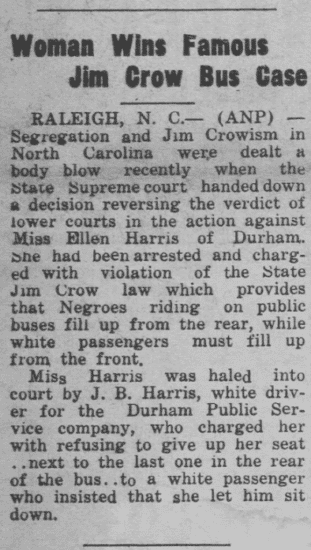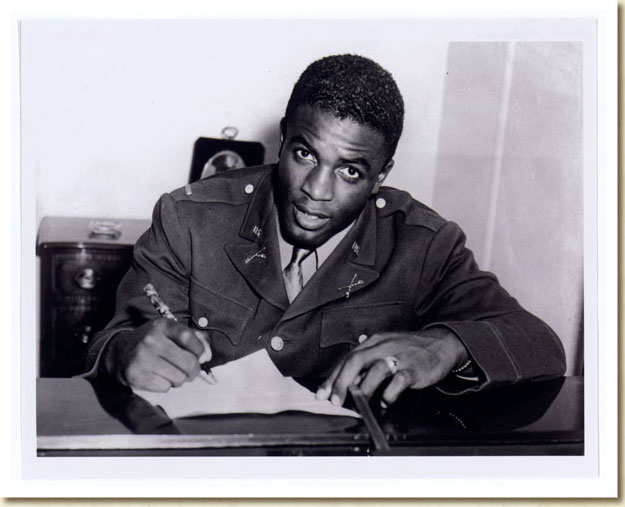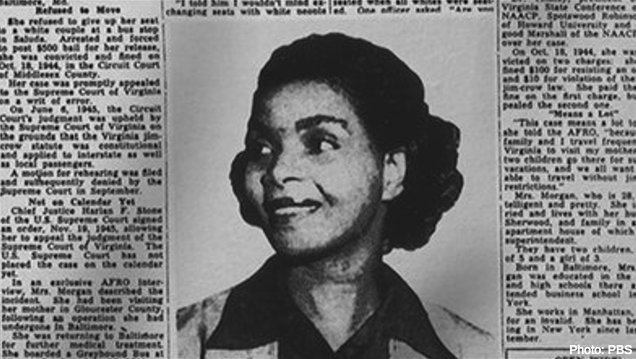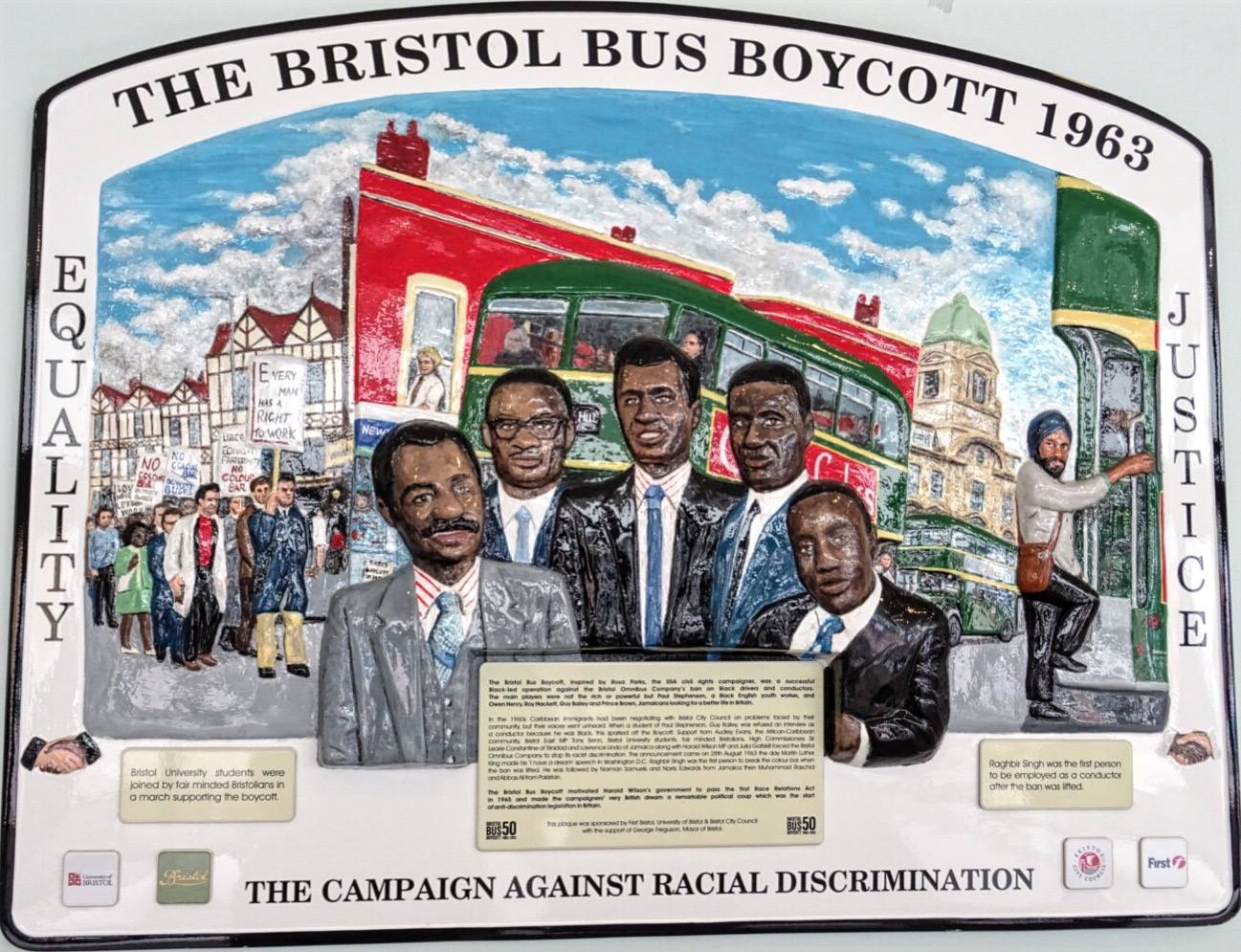
Source: The Evansville Argus Collection at the University of Southern Indiana.
In Durham, North Carolina on February 12, 1938, a bus driver asked Ellen Harris to move to the back of the bus when a white passenger got on board. She refused, but offered to get off the bus if her fare was refunded. Instead of refunding her fare, the bus driver had Ms. Harris arrested for violating segregation laws.
Ms. Harris, represented by two Black attorneys, Caswell Jerry Gates and Edward Richard Avant, was tried and convicted in Recorder’s Court and fined $10.00.
She appealed her case to the Superior Court, where she received a trial by jury and was again convicted for “unlawfully and willfully” occupying a seat. Gates and Avant immediately appealed her case to the North Carolina Supreme Court, where Judge J. Carson reversed her criminal conviction. He wrote “we do not think the defendant intended to willfully violate the provisions of this act.”
Ellen Harris did not stop there. One month after being found innocent of the criminal charges, Ms. Harris and her attorneys filed a $15,000 civil lawsuit against Durham Public Services Company. The record shows that she settled her case with Durham Public Services for an undisclosed amount.
Read the state supreme court’s decision in State v. Harris and learn more in the article “Dignified Defiance,” by Stella J. Adams. Dig deeper into the history of people taking a stand against segregation in Civil Rights Teaching’s timeline, “Transportation Protests: 1841 to 1992” and in the book, Traveling Black: A Story of Race and Resistance.













Twitter
Google plus
LinkedIn